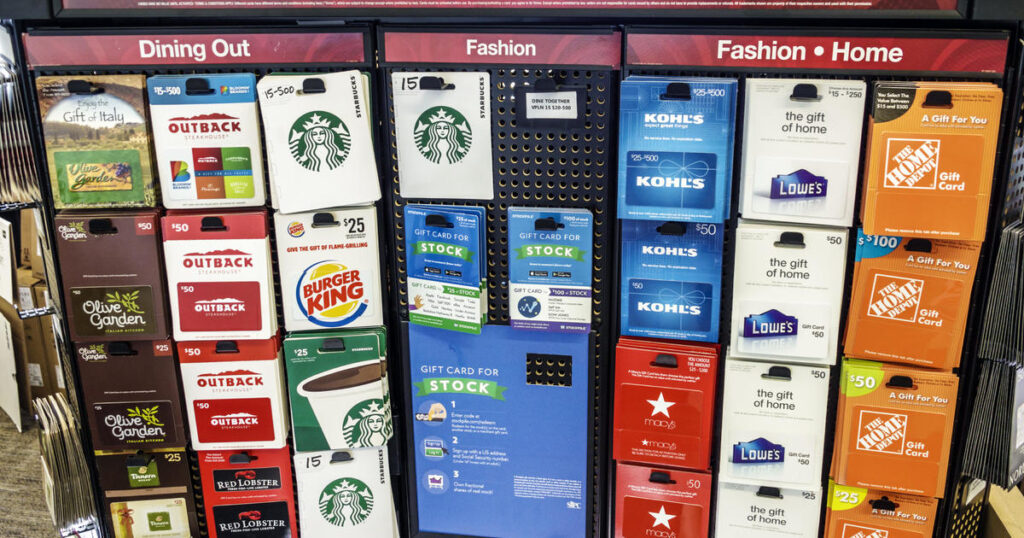A gift card issuer is facing a lawsuit over allegations it failed to make its popular prepaid cards less susceptible to a common scam.
The lawsuit, filed last month by San Francisco City Attorney David Chiu, alleges Incom’s “Vanilla Gift” and “One Vanilla” non-reloadable cards featured “insufficient” packaging and “lax security features” that made them susceptible to scams.
According to the complaint, the gift card packaging allows for “easy access to the card inside,” enabling thieves to record the barcode and PIN information so they can make unauthorized transactions, a practice known as card draining.
The complaint also alleges that Incomm failed to improve its product’s packaging despite knowing the flawed design led to incidents of theft.
“As the direct result of Incomm’s years-long negligence, numerous consumers and gift recipients have been needlessly subjected to card draining,” Chiu alleged in the lawsuit.
The lawsuit also alleged that when victims reported their funds stolen, Incomm and its partners did not reimburse them and declined to provide refunds, the complaint states.
Card draining: What it is and how to avoid it
Card draining is a scam in which fraudsters carefully remove an unpurchased gift card from its packaging, record its number and PIN code, then place it back in its original packaging,” according to Consumer Reports.
Once an unsuspecting victim purchases a tampered card and loads funds onto it, the thief will use the stolen information to make unauthorized purchases, draining the gift card of its prepaid funds.
Compromised gift cards may be hard to spot, but there are several ways consumers can protect themselves against being scammed, according to Pennsylvania Attorney General Michelle Henry.
Before buying a gift card, consumers should always examine the card’s packaging for any damage and ensure sure the scratch-off covering concealing the card’s PIN number is intact, Henry advised in a consumer notice.
If a consumer discovers a card they bought has been compromised, they should immediately report the issue to the card company and ask for a refund, according to the Henry.
Thanks for reading CBS NEWS.
Create your free account or log in
for more features.

